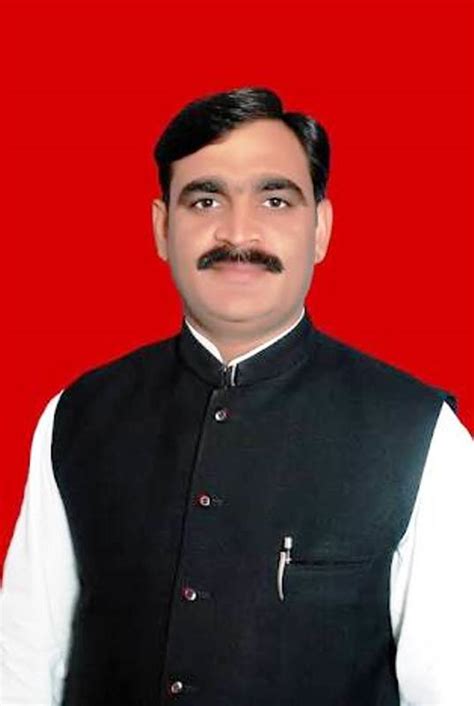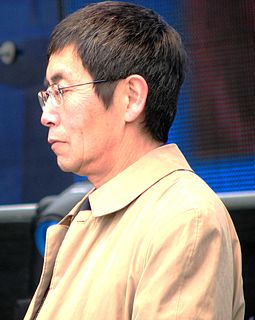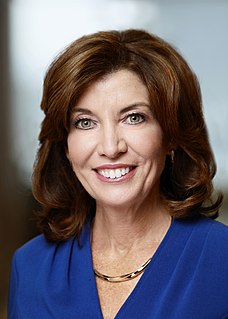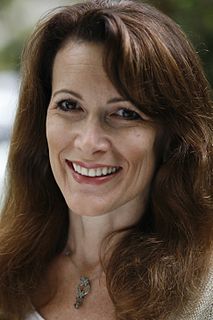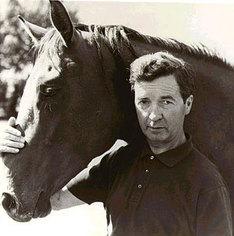A Quote by Lokendra Singh
One hour with Mother is more than
Without her, an age.
Related Quotes
My mother saw her mother... her father walked out when they were very young and it was a lot of, I'd say more verbal abuse than physical, but it was the same. And my mother, back in the 70s, became an advocate for victims of domestic violence way before anybody in the Legislature was talking about it.
a mother's death also means the loss of the consistent, supportive family system that once supplied her with a secure home base, she then has to develop her self-confidence and self-esteem through alternate means. Without a mother or mother-figure to guide her, a daughter also has to piece together a female self-image of her own.
Oh, I can see it happening, age after age, and growing worse the more you reveal your beauty: the son turning his back on the mother and the bride on her groom, stolen away by this everlasting calling, calling, calling of the gods. Taken where we can't follow. It would be far better for us if you were foul and ravening. We'd rather you drank their blood than stole their hearts. We'd rather they were ours and dead than yours and made immortal.
Her mother died at the age of 29, essentially turning her face to the wall and deciding to die. And so we can only imagine the agony she felt. And Eleanor Roosevelt really wanted to make her mother happier, and - and to make her live, you know, make her want to live. And there's something about, you know, when your mother dies, this sense of abandonment. I think Eleanor Roosevelt had a lifelong fear of abandonment and sense of abandonment after her parents' death.
If we concentrate our attention on trying to solve a problem of geometry, and if at the end of an hour we are no nearer to doing so than at the beginning, we have nevertheless been making progress each minute of that hour in another more mysterious dimension. Without knowing or feeling it, this apparent barren affort has brought more light into the soul.
The adolescent does not develop her identity and individuality by moving outside her family. She is not triggered by some magic unconscious dynamic whereby she rejects her family in favour of her peers or of a larger society.... She continues to develop in relation to her parents. Her mother continues to have more influence over her than either her father or her friends.
My mother was the kind of person who was very much part of her tribe and very much a satellite of her tribe. She was the girl who left her family at the age of 17 and went to Washington. My mother was orphaned at three and then was brought up by my aunt Goldie. So, yes she belonged, but there was a part of her that didn't.
The wide world was changing, and she wanted a different place in it. Not just wanted, but felt she deserved. If the world didn't owe her a living, as her mother repeatedly warned her, it owed her a break. She had a strong sense that a better, more exciting, more rewarding life than that which had been the lot of her parents and grandparents was hers by right. In this she was guilty of nothing more serious than the arrogance of youth, from which every generation suffers and by which it distinguishes itself from the preceding one.
